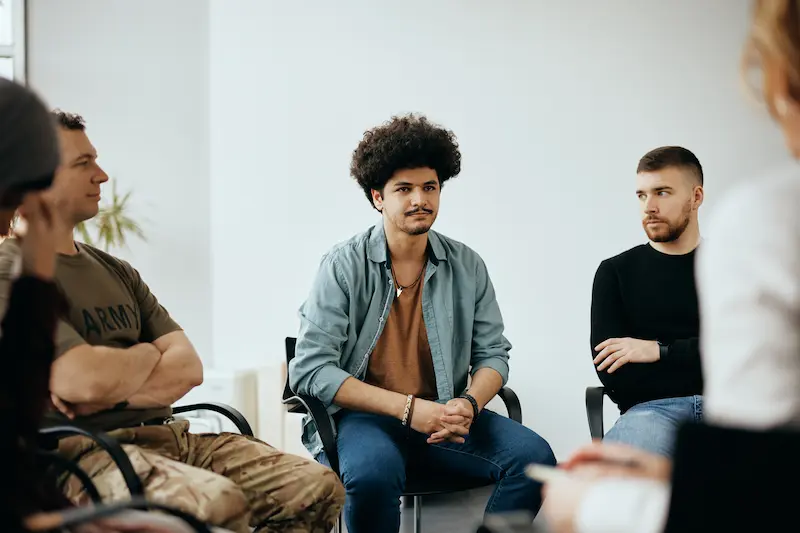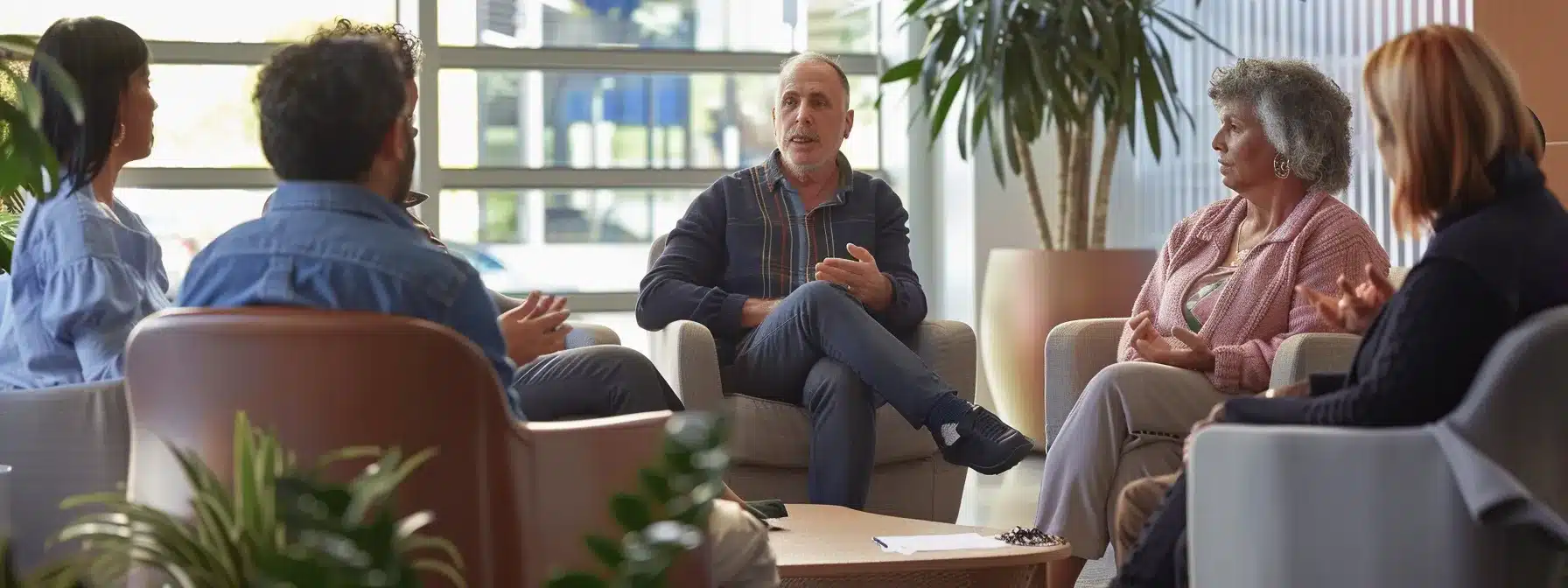24/7 Helpline:
(866) 899-111424/7 Helpline:
(866) 899-1114
Other Insurance Options

UMR

BHS | Behavioral Health Systems

GEHA

Meritain

EmblemHealth

Regence

Highmark

Lucent

AllWell

Health Choice

Access to Recovery (ATR) Voucher

BlueCross

Multiplan

Magellan Health

Health Net

Choice Care Network

Optum

Holman Group

Oxford

Ceridian

Appalachian Community Services
Appalachian Community Services is a private rehab located in Murphy, North Carolina. Appalachian Com...

AA – Alcoholics Anonymous
AA – Alcoholics Anonymous is a non-profit rehab located in Murphy, North Carolina. AA – Alcoholics A...































